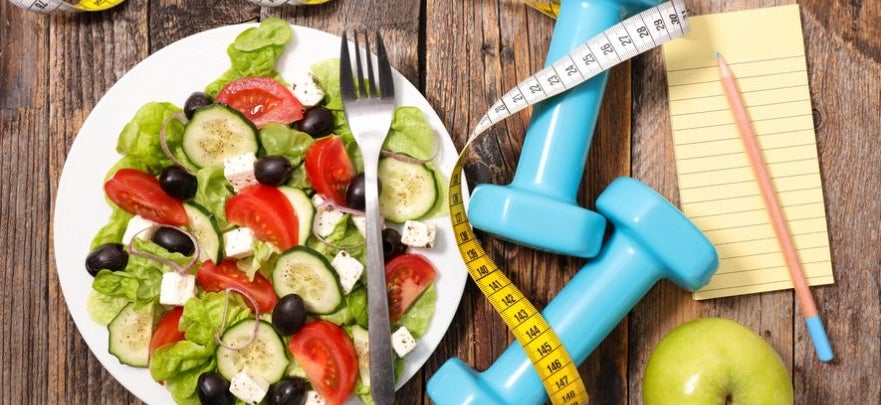How Can I best Manage My Diabetes?
Diabetes is a disease where the bodies ability to respond to the hormone insulin is no longer working properly. The bodies inability to properly respond to insulin results in excess sugar being in the blood and urine. This excess sugar can damage vital organs such as the kidneys, eyes, and other parts of the body.
The A1C test is a scorecard to show how well we are controlling our blood sugar. It measures how much glucose has been sticking to our red blood cells for the previous two or three months. Since our bodies replace each red blood cell with a new one every four months, this test tells us the average of how high our glucose levels have been during the life of the cells.
If the test shows that our blood glucose level is high, it means that we have a greater risk of having diabetes related problems. Think of the A1C as an early warning system for the complications that we can get down the road when we don’t control our condition.
There are a number of things you can do. Diet and exercise do wonders. Plus there are countless medical articles about how a low carbohydrate diet supplemented with regular exercise naturally lowers you HbA1c (another name for the A1C test). Here are the top 4 steps to get your A1C lower naturally.
STEP 1: Remove the culprits:
Immediately cut out: soda, sugary drinks or juice, cakes, cookies, pasta, grains, breads, rice, potatoes, corn, many fruits and all candies/sweets. The best fruits are blueberries, strawberries and raspberries in reasonable amounts.
STEP 2: Get Active:
Pump some iron! Lifting weights or resistance band training can improve muscle mass and strength. The added muscle is particularly beneficial to people with diabetes because muscles are "major clearance sites" for circulating blood sugar, or glucose.
WALK WALK WALK! The more you walk, the lower your risk of diabetes. Daily exercise or lots of physical activity is one of the most important ways to keep blood sugar low. Just a 10 to 20 minute walk after meals can make a difference.
Quick Tip: Try going for a short walk after eating a meal.
STEP 3: Eat a Balanced Healthy Diet
Start by adding more green leafy vegetables as this can significantly cut the risk of developing diabetes related high blood sugar complications.
Think: Kale, spinach, chard, salad greens, etc. The more fibrous vegetables the better!
Next, add protein. While it is true that too much protein can cause a process called gluconeogenesis which can raised blood sugar levels, it has to be consumed in fairly large amounts in order for that to happen. In moderate amounts, protein is actually very stabilizing for blood sugar.
Finally, add healthy fats. Fat is the ONLY macronutrient (macronutrients include carbs, fats, and protein) that doesn't raise blood sugar levels. It also has a stabilizing effect which is why it can be used to help lower your sugar levels after a meal. Try adding a tablespoon or two of healthy fat at meals (i.e., olive oil on veggies or walnuts which are full of healthy fats on a salad).
STEP 4: Try Using Some Natural Supplements
Cinnamon - Cinnamon is not only incredibly delicious, but research has shown that it can stabilize blood sugar. Apply: try adding 2 teaspoons of cinnamon in your coffee or tea. You can also sprinkle on vegetables at meals.
Organic Apple Cider Vinegar - One study showed that vinegar after a meal can reduce the usual post meal blood sugar spike. Dilute 1-2 capfuls in 8 ounces of filtered water. Not the best taste, but the benefits are undoubtedly worth it.
Flaxseeds - Supplementing with flaxseeds reduces fasting blood glucose, glycated hemoglobin, cholesterol, and triglycerides.
And of course, stay on your medications and follow your doctor and health care team’s instructions.
Hopefully, these simple strategies help keep your blood sugar nice and steady so you can reduce your A1C and manage your diabetes!






